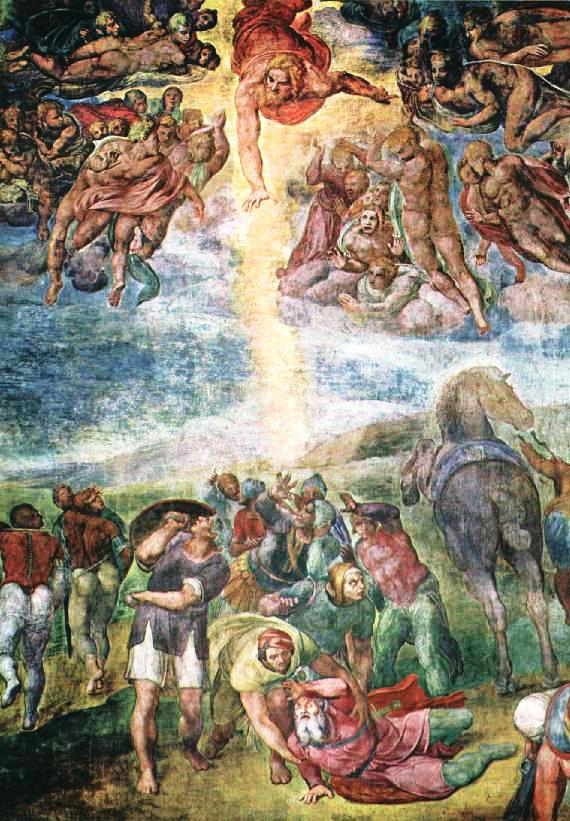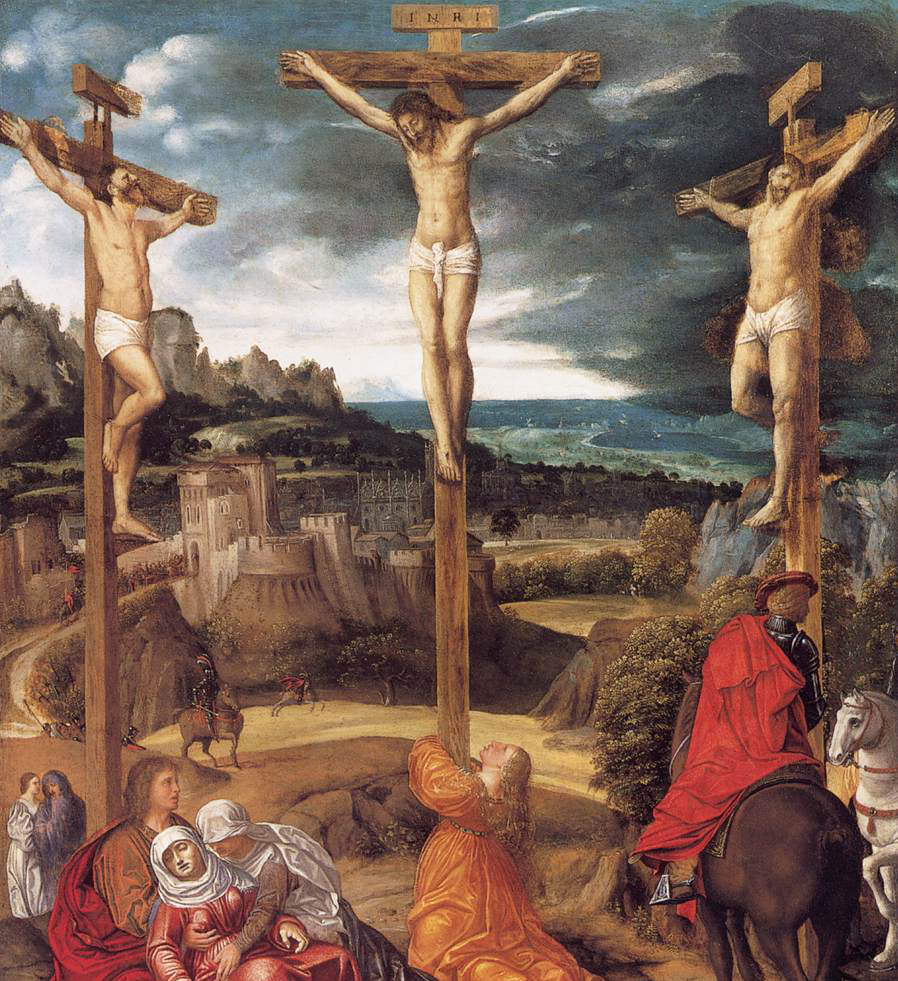You’ve hopefully already been praying for our persecuted brothers and sisters in Christ in the Middle East. But have you been praying for the members of ISIS?
I obviously don’t mean that you should be praying for their success or for God to bless their violence. I’m talking about praying for their souls, that God would have mercy on them, and that they would find forgiveness and new life in Christ.
When crimes are committed, it’s usually our first instinct to pray for the victims – and that’s good. But we should also remember that, when viewed from eternity, the consequences are ultimately far worse for the perpetrators.
How wonderful would it be if the ISIS militants – the same ones who have terrorized, beheaded, and even crucified Christians – found redemption in Jesus! What a witness it would be to the saving power of God!
Here are 5 reasons all Christians need to be praying for the ISIS militants:
1) Jesus told us to love our enemies and to pray for our persecutors

“You have heard that it was said, ‘You shall love your neighbor and hate your enemy.’ But I say to you, Love your enemies and pray for those who persecute you, so that you may be sons of your Father who is in heaven. For he makes his sun rise on the evil and on the good, and sends rain on the just and on the unjust. (Matthew 5.43-45)
This teaching is just as radical today as it was when Our Lord first gave it to us 2000 years ago. And yes, Jesus meant exactly what he said: we should love our enemies and pray for those who persecute us – and that includes the members of ISIS right now.
While this may be hard, this actually goes straight to the heart of the Gospel: Jesus came not simply for justice, but for redemption. As Christians, we should be working and praying for the same thing.
2) Remember that St. Paul was originally a persecutor of Christians

Saul, as St. Paul was known originally, was a zealous persecutor of Christians: Scripture says he was “breathing threats and murder against the disciples of the Lord.” (Acts 9.1)
While on his way to Damascus to arrest Christians, Jesus appeared to him, literally knocking him to the ground, and asked him, “Saul, Saul, why are you persecuting me?” (Acts 9.3ff)
When Jesus told the Christian Ananias that Saul would be coming to him, Ananias was scared: “Lord, I have heard from many about this man, how much evil he has done to your saints at Jerusalem. And here he has authority from the chief priests to bind all who call on your name.” (Acts 9.13-14) But Jesus explained to Ananias: “Go, for he is a chosen instrument of mine to carry my name before the Gentiles and kings and the children of Israel.” (Acts 9.15)
St. Paul went on to be one of the greatest Apostles, taking the Gospel across the Mediterranean world, and writing half the books of the New Testament.
Just imagine the incredible good God could do for the Gospel today if the leading ISIS militants were converted to the Gospel.
3) We’re all sinners saved only by the grace of God

For there is no distinction: for all have sinned and fall short of the glory of God, and are justified by his grace as a gift, through the redemption that is in Christ Jesus. (Romans 3.22-24)
If we have a relationship with Christ, it’s not because we it, but only and entirely because of God’s grace.
The ISIS militants are not worthy of God, but neither are we, and that’s why we all need Jesus.
4) Christ died for them, and God desires all people to be saved

[God] desires all people to be saved and to come to the knowledge of the truth. For there is one God, and there is one mediator between God and men, the man Christ Jesus, who gave himself as a ransom for all, which is the testimony given at the proper time. (1 Timothy 2.4-6)
So, how many people does God desire to be saved? And for how many people did Jesus give himself as a ransom?
All people. Everybody. And that includes the members of ISIS.
If God desires for them to be saved, then we should, too.
5) Hell is a terrible place, Heaven is sublime – and both are permanent

“Weeping and gnashing of teeth” (Matthew 8.12, et al.), “the lake that burns with fire and sulfur” (Revelation 21.8), and “eternal punishment” (Matthew 25.46). These are just some of the ways that Scripture describes that terrible but real place, hell.
The Bible describes heaven, on the other hand, as wonderful: “He will wipe away every tear from their eyes, and death shall be no more, neither shall there be mourning, nor crying, nor pain anymore, for the former things have passed away. And he who was seated on the throne said, ‘Behold, I am making all things new.'” (Revelation 21.4-5)
You obviously want avoid hell and go to heaven. You should want everyone to do that.
The ISIS militants could be earning for themselves a particularly bad place in hell. But they, like anyone else, can find redemption in Jesus and change the destiny of their soul for all eternity.
We should be praying that they do. We should be praying that everyone does.
God have mercy on us all.

